Is Egg Freezing the Ultimate Backup Plan or an Expensive Gamble?
For many women and people with ovaries, fertility preservation is both a deeply personal decision and a growing area of medical interest. Among the most talked-about options is egg freezing, or oocyte cryopreservation, a process that offers a potential path to biological parenthood later in life. But it’s not just a medical procedure; it’s an emotional, financial, and lifestyle choice that carries profound implications.
What Is Egg Freezing?

Egg freezing involves extracting a woman’s eggs, freezing them unfertilized, and storing them for future use. The eggs can later be thawed, fertilized with sperm in a lab through in vitro fertilization (IVF), and implanted in the uterus. This allows people to preserve their fertility during a time when their eggs are more viable—usually their 20s or early 30s—and use them later when they may be more ready for parenthood.
The Cancer Connection

Originally developed for cancer patients undergoing chemotherapy or radiation (which can compromise fertility), egg freezing has since gained traction among healthy women who wish to delay childbearing for various reasons such as career goals, lack of a partner, financial stability, or simply not feeling ready.
The Biological Clock vs. the Technological Lifeline

Fertility naturally declines with age. A person with ovaries is born with all the eggs they will ever have, typically about one to two million. By puberty, that number drops to about 300,000, and by the mid-30s, both the number and quality of eggs decline sharply. This is why older women often face challenges with natural conception and higher risks of miscarriage or chromosomal abnormalities.
Egg freezing provides a kind of technological lifeline. By retrieving and storing eggs during peak reproductive years, it offers the chance to use younger, healthier eggs later, essentially pressing pause on the biological clock.
Who Is Freezing Their Eggs—and Why?

The typical egg freezing patient used to be someone with a medical condition, like cancer or endometriosis, that threatened fertility. Today, however, the reasons are broader. According to a 2022 study in Fertility and Sterility, the most common reason women cited for elective egg freezing was lack of a partner.
Other common motivations include:
- Pursuing educational or career advancement
- Wanting more time to reach financial or emotional readiness for parenting
- Desiring autonomy over reproductive timelines
The demographic is also shifting. While many patients are in their 30s, some clinics now report an uptick in women freezing eggs in their late 20s, often encouraged by awareness campaigns and employer benefits.
The Egg Freezing Process
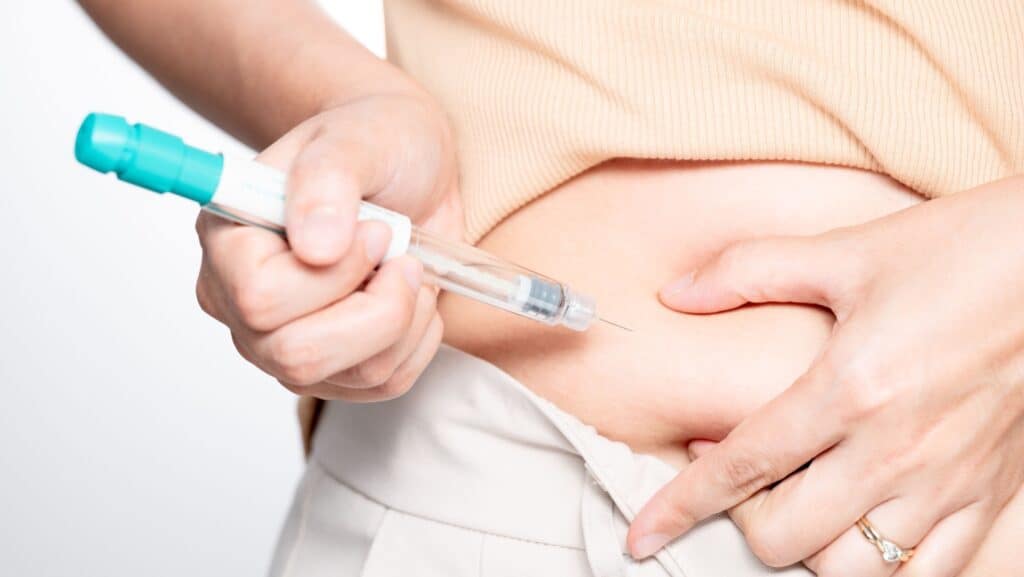
The process takes about two to three weeks and involves:
- Ovarian stimulation: Hormone injections are given daily to stimulate the ovaries to produce multiple mature eggs.
- Monitoring: Frequent ultrasounds and blood tests track the development of follicles (which contain eggs).
- Cryopreservation: The mature eggs are frozen using a flash-freezing method called vitrification and stored in liquid nitrogen.
Side effects can include bloating, cramping, mood swings, and rare complications like ovarian hyperstimulation syndrome (OHSS). The emotional toll can also be significant, particularly for those undergoing multiple cycles.
Success Rates and Realistic Expectations
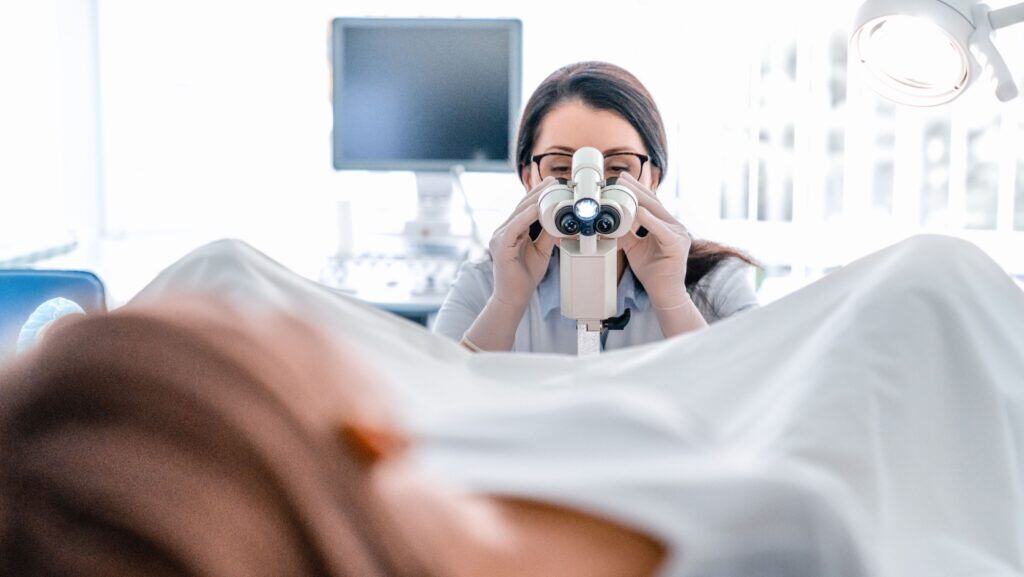
Freezing eggs is not a guarantee of a future pregnancy. According to the American Society for Reproductive Medicine (ASRM), success depends on several factors, primarily the woman’s age at the time of freezing and the number of eggs retrieved.
Generally:
- Women under 35 who freeze 10–20 eggs have a high chance of at least one live birth.
- After 38, egg quality begins to decline, and success rates drop significantly.
A 2017 study published in Fertility and Sterility found that women who froze eggs before age 35 had a 70% chance of a live birth with 15–20 eggs. That number drops the older the person is at the time of freezing.
The Financial Investment

Egg freezing is expensive, and often not covered by insurance. The average cost per cycle in the U.S. ranges from $10,000 to $15,000, with medication costs adding another $3,000 to $5,000. Many people require more than one cycle to collect a sufficient number of eggs.
Storage fees are typically $500 to $1,200 per year. When you’re ready to use the eggs, additional IVF costs apply, often another $12,000 to $20,000 per cycle.
That means the full process, from freezing to fertilization and embryo transfer, can easily top $30,000 to $40,000 or more. Some employers, particularly in the tech and finance industries, are now offering fertility benefits that include egg freezing, but access remains inequitable across socioeconomic lines.
Emotional and Ethical Considerations

Beyond the physical and financial burdens, egg freezing carries emotional complexities. It offers hope, but that hope can feel uncertain. Some people find empowerment in taking control of their reproductive future. Others may feel disappointment if the process doesn’t lead to a successful pregnancy.
Ethically, there’s also concern about clinics marketing egg freezing as a kind of reproductive insurance. The ASRM has cautioned against overselling the technology’s promise, emphasizing that success rates vary and that younger patients should not be pressured into medical decisions based on fear.
Societies Pressures
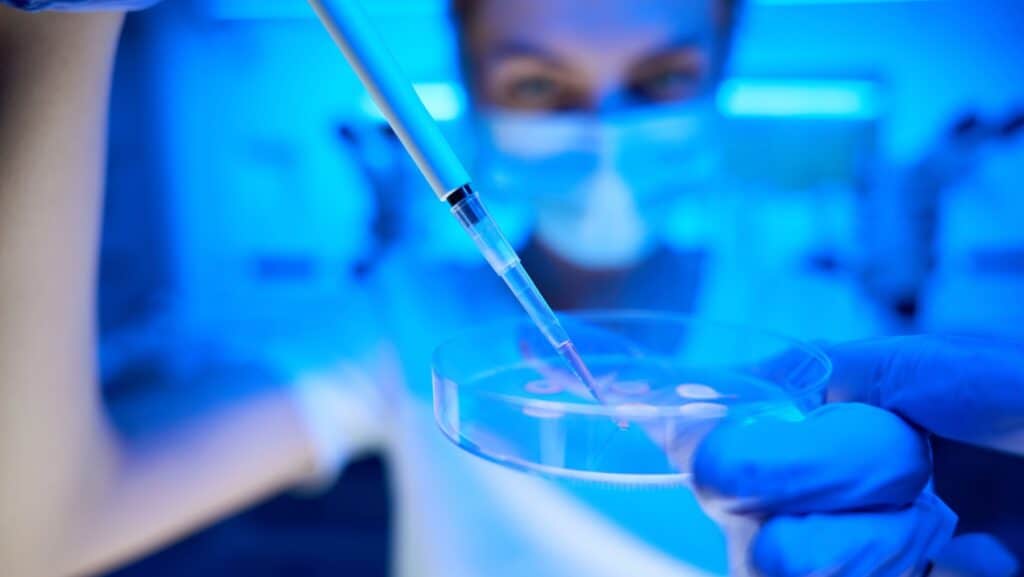
Additionally, the choice to delay childbearing due to social structures—like the lack of paid family leave, childcare support, or equitable gender roles—raises questions about whether society is doing enough to support parenthood when people actually want to have children.
The Future of Fertility Preservation

Egg freezing is only part of a broader conversation about fertility preservation and reproductive autonomy. As science advances, we may see improved outcomes, more accessible pricing, and broader insurance coverage. New research is also exploring ovarian tissue freezing and even artificial ovaries.
But at its core, the decision to freeze eggs is about options. For some, it’s an act of hope; for others, a strategy to level the playing field in a world that still places significant burdens on people with ovaries to time their personal, professional, and reproductive lives with precision.
Final Thoughts
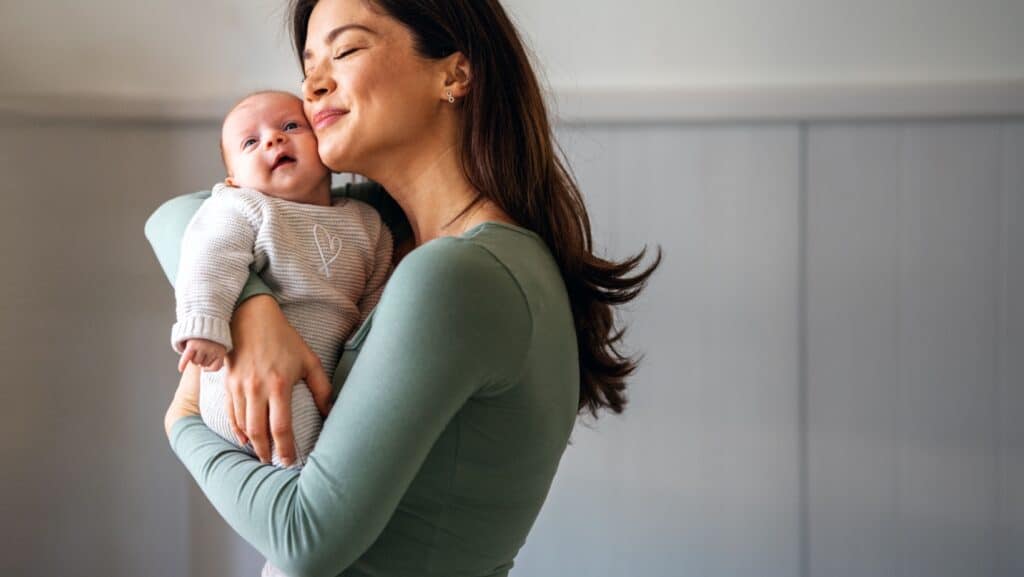
Egg freezing is not a simple choice. It’s a medical procedure that intersects with identity, economics, relationships, and values. For those who pursue it, it can offer peace of mind and future possibilities, but it also demands clarity about what it can and cannot do.
For now, it remains a remarkable, if imperfect, tool; one that continues to evolve alongside our understanding of fertility, autonomy, and what it means to have real reproductive choice.
If you’re considering egg freezing, start by consulting a board-certified reproductive endocrinologist.Look for clinics with strong outcomes data and transparent costs. And most importantly, make sure you’re making the decision for yourself, because that’s what reproductive freedom is all about.
When, Why & How to Freeze Your Eggs
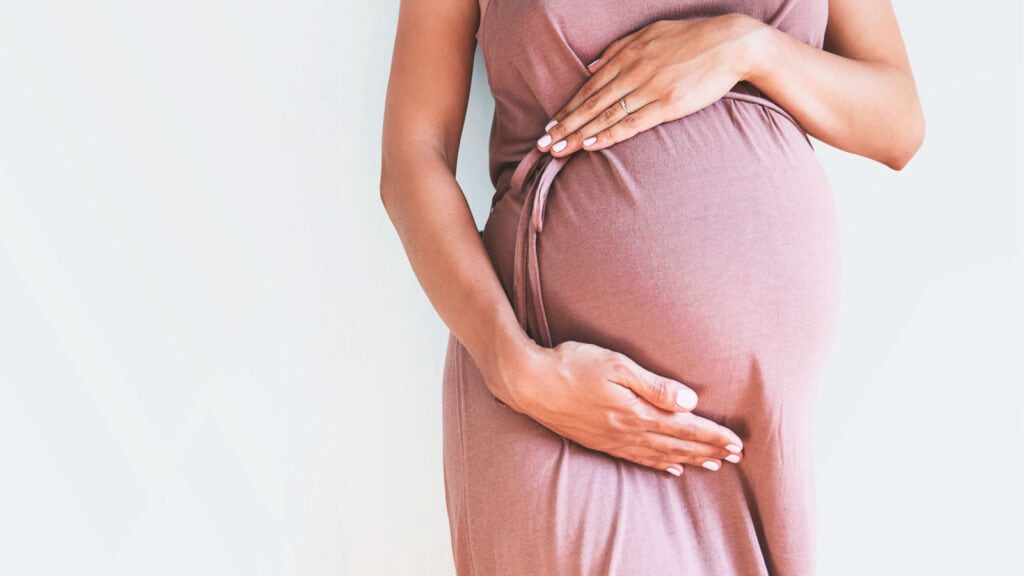
We are talking about reproduction. Egg freezing for women who want to have options for parenthood further down the line. Having control over our reproductive process has never been more important and it can take many different forms. Let’s look at when, how, and why one might choose to freeze their eggs for reproduction – and whether medical insurance covers it.
READ: When, Why & How to Freeze Your Eggs
Join Us

Join us on this empowering journey as we explore, celebrate, and elevate “her story.” The Queen Zone is not just a platform; it’s a community where women from all walks of life can come together, share their experiences, and inspire one another. Welcome to a space where the female experience takes center stage. Sign up for our newsletter so you don’t miss a thing, Queen!






